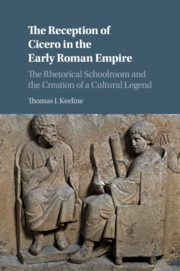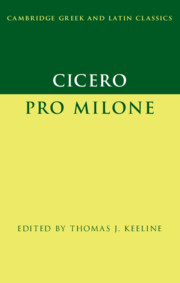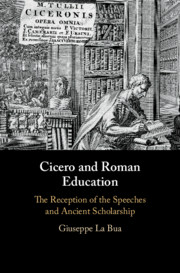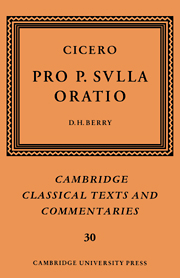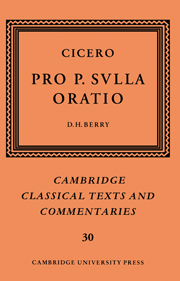The Reception of Cicero in the Early Roman Empire
Cicero was one of the most important political, intellectual, and literary figures of the late Roman Republic, rising to the consulship as a 'new man' and leading a complex and contradictory life. After his murder in 43 BC, he was indeed remembered for his life and his works - but not for all of them. This book explores Cicero's reception in the early Roman Empire, showing what was remembered and why. It argues that early imperial politics and Cicero's schoolroom canonization had pervasive effects on his reception, with declamation and the schoolroom mediating and even creating his memory in subsequent generations. The way he was deployed in the schools was foundational to the version of Cicero found in literature and the educated imagination in the early Roman Empire, yielding a man stripped of the complex contradictions of his own lifetime and polarized into a literary and political symbol.
- Presents a comprehensive study of Cicero's reception in the early Roman Empire, the foundational period for his subsequent reception
- Shows the importance of ancient rhetorical education in mediating and indeed creating memories
- Sheds new light on both well-worn and less studied texts
Reviews & endorsements
'This is a hugely detailed and scholarly work, full of fascinating insights.' Classics For All
Product details
January 2020Paperback
9781108444958
387 pages
230 × 153 × 20 mm
0.5kg
Available
Table of Contents
- Introduction
- 1. Pro Milone – reading Cicero in the schoolroom
- 2. Eloquence (dis)embodied – the textualization of Cicero
- 3. Remaking Cicero in the schoolroom – Cicero's death
- 4. Pro Cicerone/In Ciceronem – how to criticize Cicero
- 5. Seneca the Younger and Cicero
- 6. Tacitus: Dialogus de Cicerone?
- 7. Est … mihi cum Cicerone aemulatio – Pliny's Cicero
- Epilogue – the early empire and beyond.

